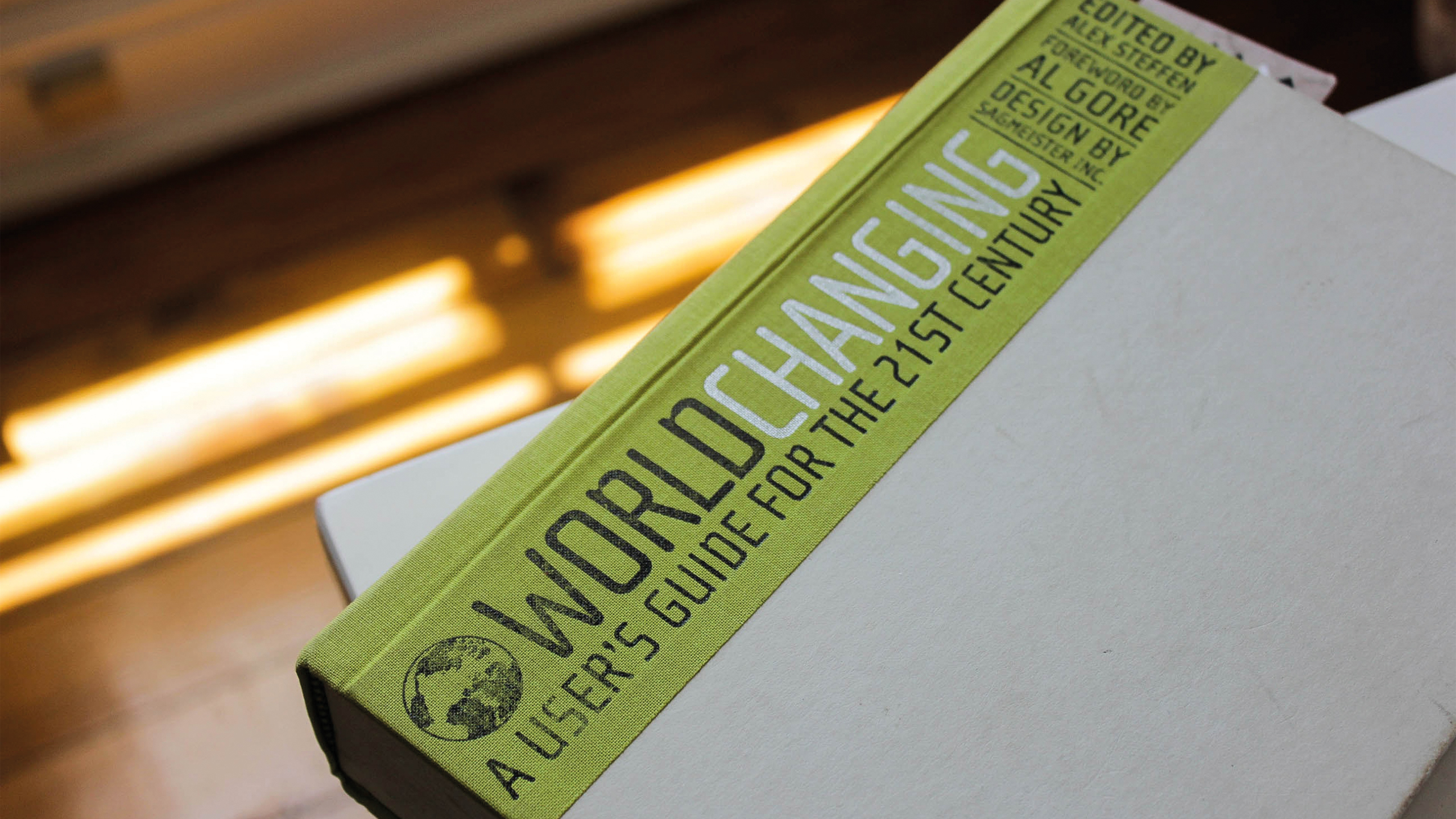The role of sustainability within marketing has changed dramatically over the last few years. Whereas it was once a subject that was nice to talk about, it’s now a key concern that businesses have to show they’re working towards. Failure to do so could cost them customers.
So, the rush is on for every business to prove their environmental credentials to customers. Personally, I think this is a good thing. I’m keen to do what I can to reduce my carbon footprint. I think about what I buy, I want to put solar panels on my roof. And I know I’m far from the only person who feels like this. In fact, 40% of UK consumers now choose products based on the environmental or ethical credentials of the brand, while 59% have consciously reduced the number of things they purchase.[1]
However, keeping up with this change in consumer demand is not without risk. Brands need to tackle their sustainability marketing in the right way, or risk the dreaded reputation for greenwashing. If you’d like a refresher on what greenwashing is, be sure to read our previous blog. If you’re up to speed, you might be wondering how businesses can market their sustainability measures in a credible manner? Here are three simple tips that can help form the basis of green marketing campaigns.
Go big or pipe down
There are two main approaches businesses can take to improve their environmental reputation. The first is to offset carbon emissions and participate in worthy causes across the globe. The second is a more active approach, transitioning to cleaner energy generation, more sustainable packaging, reduced waste and so on.
While the first approach is undoubtedly a good thing to do, in the climate of sustainability marketing, it’s more likely to muster a ‘so what?’. Why? Because it’s probably close to the bare minimum expected. By all means, do what you can, but don’t expect customers to come flocking based on your carbon offsetting.
However, the more active approach of investing in cleaner delivery methods, promoting responsible packaging, reducing plastic use or any other sustainability measure is quite the different story. Not only are people actively looking for more sustainable alternatives to products, 41% of them are willing to spend more on a sustainable choice.
If you take this approach, you should absolutely shout about it. Customers want to hear it.
Practice what you preach
If you set high standards for yourself, and use your marketing to highlight your good work, it’s important to maintain those standards. Any deviation or drop could be devastating to your public perception. You only need look at the impact of negative press on Brewdog recently. As well as a BBC documentary into negative workplace culture, a campaign calling out human rights in Qatar was dubbed hypocritical, while a loss of B Corp status overshadowed all the good environmental work the company is doing.
What can we learn from this? In a world where perceptions matter, you need to ensure you’re clean, ethical and responsible. If you can’t back up your claims, don’t make them in the first place. It’s that simple.
Be brutally honest
Let’s not pretend that eliminating all the negative impacts of what a company does (or sells) is easy. It’s time-consuming and it requires an enormous amount of thought and research if it’s to be achieved in the most effective, ethical manner. The benefits are massive, as people love brands that clearly put effort into their sustainability programmes. But nobody’s perfect.
So, maybe it’s best to acknowledge your limitations. Things can, and will, slip through the net occasionally. Facing up to that fault, admitting it, then taking steps to handle it will always go down well, rather than denying or covering up. Tony’s Chocolonely is a prime example of this approach. With the central pillar of the brand resting on the idea of ending slavery in chocolate production, it’s important they do everything they can to help. However, while there are taking major steps to stamp out slavery in their chocolate production, that’s not a cut and dry thing to do, and they acknowledge that.
Statements like this allow people to make their own decisions, as well as humanising a brand. That’s invaluable in the world of responsible, sustainable marketing.
It doesn’t have to change overnight
Sustainable marketing is a journey, one you can take your customers on if you approach it in the right way. And like most journeys, there will be missteps and pitfalls. By approaching these with sincerity and a willingness to learn from mistakes, you’ll be more likely to be successful in this new world of marketing.
So, let’s get started, shall we?
Want to learn more about greenwashing? Our previous blog has you covered.
[1] https://www2.deloitte.com/uk/en/pages/consumer-business/articles/sustainable-consumer.html
